By Kathleen Berger, Executive Producer fro Science & Technology
A St. Louis clinical-stage biotechnology company is supercharging particular immune cells and training those cells to become the natural killers they’re meant to be. That’s the idea behind new ammunition developed by Wugen, Inc., to combat a range of blood and solid tumor cancers. Wugen is developing a cellular therapy using natural killer (NK) cells, one of the body’s natural defenses against cancer.
“It’s a supercharged NK that has enhanced killing that has the ability to target cancer, selectively target cancer with minimal toxicities,” said Matt Cooper, PhD, scientific officer and co-founder of Wugen. “We take NK cells from healthy donors, we modify them using a cytokine cocktail.”
That chemical exposure is like basic training for the cells, preparing the now enhanced natural killer cells to fight the cancer. When the cellular therapy enters the body, in a way, it’s as if the NK cells remember their training. Having this memory of what to do, is what researchers say is most effective at finding and destroying cancer cells that have learned to hide from the patient’s immune system.
“Our technology utilizes immune cells from any healthy donor and we grow these up to very large numbers in a dish. We teach them how to fight the cancer ” said Ryan Sullivan, PhD, vice president and head of NK cell research for Wugen.
“And we expand them and preserve them so that we can create a cellular product that is ready and frozen in advance to be able to treat patients at point of care,” said Cooper.
Wugen’s memory natural killer cell technology is called WU-NK-101.The therapy is part of a clinical trial targeting AML, Acute Myeloid Leukemia, and it’s designed to one day treat other solid tumor cancers.
“We think that WU-NK-101 will have broad impact in many different solid tumors, whether that be breast cancer, colorectal cancer, prostate cancer. And so WU-NK-101 is really a platform that can extend, not only in AML, but throughout the entire solid tumor space,” said Sullivan.
Wugen operates in the BioGenerator Lab space in the BioSTL Building. BioGenerator is the startup creation and investment arm of BioSTL providing the springboard for Wugen to grow. And Wugen has done just that, raising more than $200 million.
“We’ve built a company now of 75 people based in St. Louis and San Diego, and some remote employees,” explained Sullivan.
Wugen has been operating with more than 50 employees in the BioGenerator Lab space. The startup has been using the space to work on the development of new and different immunotherapies, which uses a patient’s immune system to fight cancer. The company has announced an expansion in the Cortex Innovation Community that will grow its workforce, adding up to 40 new jobs, allowing for the advancement of next-generation cancer therapies.
“Our next product, WU-NK-201, will be a more engineered product where we’re really taking advantage of a lot of the features of our Memory NK Platform to drive a much more robust set of persistence and stealth technology to drive effects against the cancer cells,” Sullivan said.
If scientists in Wugen’s lab are not working on the Memory NK Platform, it’s not top secret that Wugen has ‘007’.
“Kind of spy that can come in and kill the cancer cells,” said Sullivan.
“We have a clinical trial that is open for our WU-CART-007 targeting T-cell acute lymphoblastic leukemia (T-ALL),” said Cooper. “007 really is just a play on James Bond because it targets CD7, which is a protein that is expressed on T-cell cancers.”
“The ‘007’ comes from actually a pretty fascinating combination of the changes that we make in order to train those cells to recognize cancer. So that ‘00’ is really code for a knockout. So we delete CD7. We also delete a molecule called TRAC (T-cell receptor alpha constant),” said Sullivan. “It allows us to take blood cells from any healthy donor and put them into any patient. We knock out TRAC, we knocked out CD7, and we grow these up to very large numbers and then we can freeze them down so we have a drug that can be shipped to a hospital and it’s ready and waiting to go for a patient who comes in who needs that therapy. And so you can have it like any other drug that’s out there, any other drug that you would go into a hospital to receive. This new cell therapy can be that drug.”

